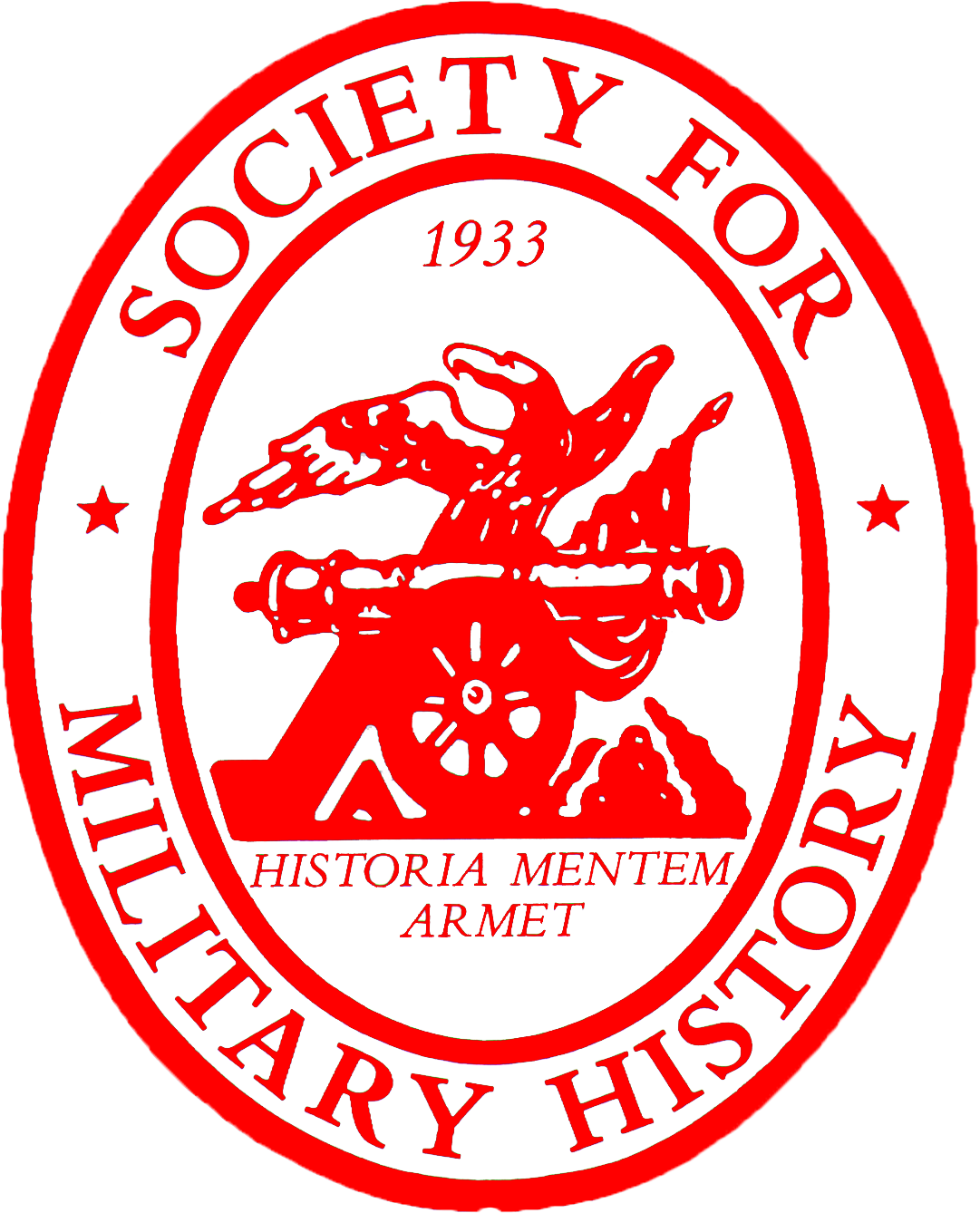
Centro de Investigaciones Históricas
by Micah Wright
Texas A&M University
The Centro de Investigaciones Históricas is an archive and research center affiliated with the Department of History at the University of Puerto Rico. It is located on the first floor of the Sebastián González García Building (School of Humanities) on the grounds of UPR’s Río Piedras Campus. In keeping with its mission to promote studies of Puerto Rico and the Caribbean, the center has collected copies and microfilm of a wealth of materials from archives around the world. Its collections span over four centuries and include documents from Spain, the wider Caribbean and the U.S. In addition to sources gleaned from abroad, researchers can make use of collections of Puerto Rican provenance such as the Colección Dr. Angel Mergal, which contains the papers of Federico Degetau, the island’s First Resident Commissioner to the U.S. Another valuable collection is the Proyecto
Caribe᷉no de Justicia y Paz which brings together documents from the National Archives, Library of Congress, Truman Library, and other U.S. repositories. The archive also contains selected dissertations produced by UPR graduates, many of which are unavailable through other means.
While no appointment is required, researchers are encouraged to contact the staff before arrival. The archive follows much the same schedule as the wider university and is subject to holidays that may not be obvious to visiting scholars (José Celso Barbosa’s Birthday, for example). Advance notice will ensure that graduate students do not arrive at an inopportune time. A descriptive guide to the center’s collections is available online, but researchers should be aware that this guide was last updated in 1998. A new version is expected to be accessible in the near future. While not offered online, catalogs and finding guides are detailed and help to make short research trips productive. Though most of the archive’s collections are in Spanish, visitors should be able to conduct research with a minimum of spoken language proficiency. The archivists show remarkable patience with nonnative Spanish speakers and most are fluent in English. The research room is open Monday through Friday from 8 a.m. to 4 p.m., and requested documents will be available almost immediately.
As a smaller archive, the Centro de Investigaciones lacks some of the amenities common to national archives and major research centers. Not all of the reference tables are adjacent to power outlets, for example, and researchers keep their belongings with them while in the reference area. This space can also become rather crowded and graduate students would do well to keep their materials to a minimum. Those using the microfilm collections may wish to reserve the single microfilm scanner in advance, although a number of microfilm readers are available. Aside from these considerations, the center is a comfortable and rewarding place to research, mainly thanks to a knowledgeable and helpful archival staff. Scholars may use a digital camera, though the archive requires that a permission form be filled out for each document.
Río Piedras is one of the less expensive areas of San Juan, but because it is not near the tourist areas, hotel choices are sparse. Many of the hotels in the area are small, independent, and not necessarily listed online. A search through the local papers or the Yellow Pages may provide inexpensive short-term options, but keep in mind that such hotels vary wildly in quality and security. Visitors to Rio Piedras can access San Juan’s fairly extensive public transit system, including buses and a commuter rail adjacent to the university. For short trips, hotels in the area start at around $60 a night, depending on the season. For longer stays, researchers would do well to contact the University of Puerto Rico in Río Piedras, which can sometimes provide inexpensive short-term housing for visiting researchers (though a faculty sponsor is required).
(Summer 2011)
